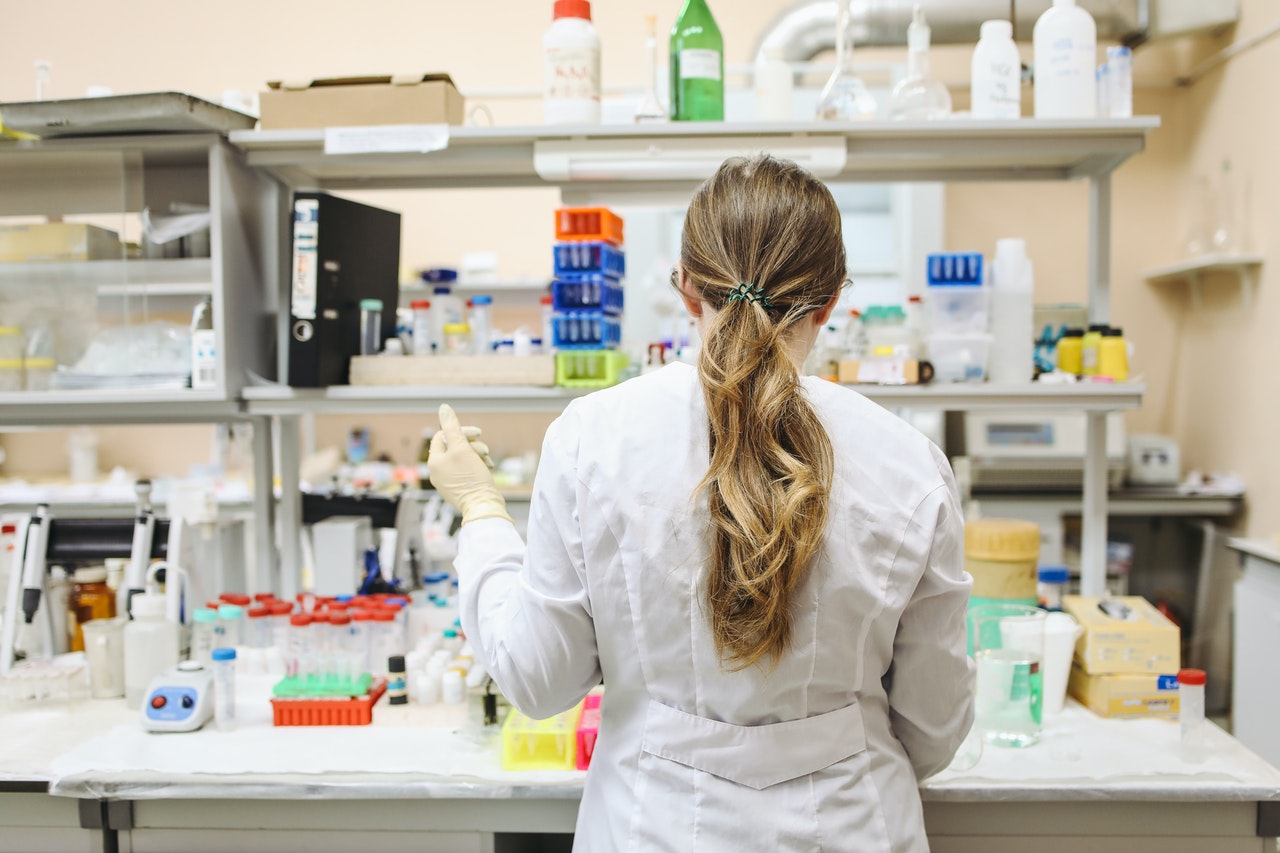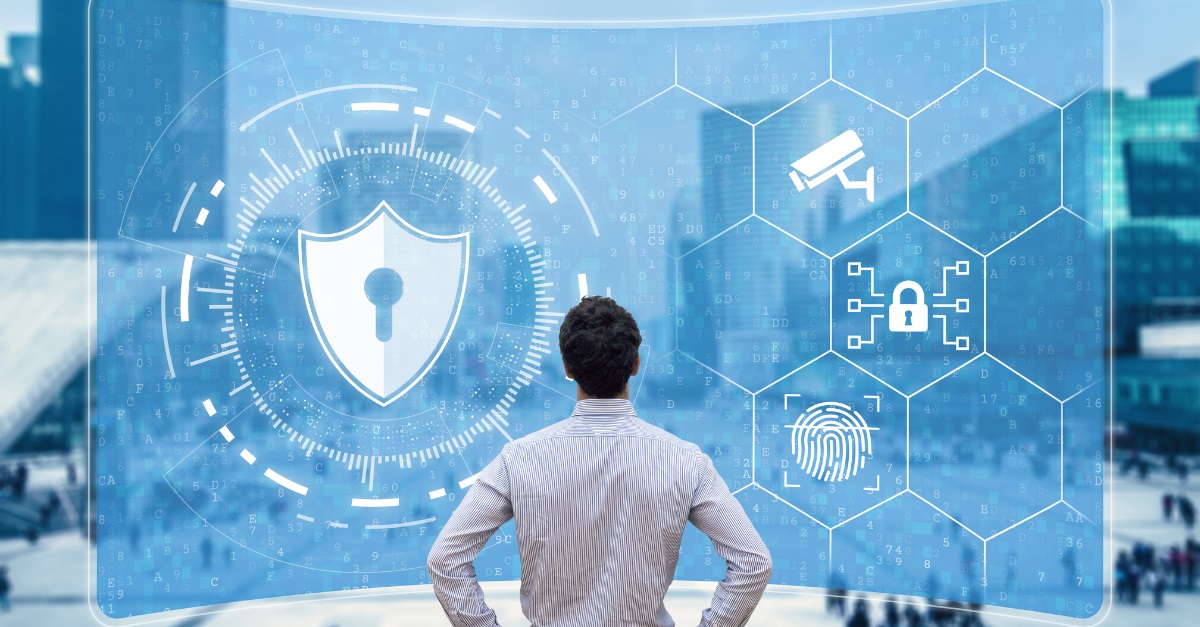Comments
- No comments found

This year, cybersecurity is a top priority for many organizations across every sector, from financial institutions to manufacturing and everything in between.
Cyberattacks are becoming more frequent and intense, prompting many public and private businesses to place a larger emphasis on cybersecurity.
No organization is immune from experiencing a cybersecurity incident – and laboratories, whether they’re clinical labs, research labs, or diagnostic labs – are no exception. Cybercriminals are becoming more sophisticated in their attack methods. They will launch an attack on any organization or facility if they can earn a big payout.
The health care sector is an attractive target for cybercriminals, meaning laboratories need to understand the importance of maintaining a good security posture. Below, let’s learn more about the role of laboratory cybersecurity and how a lab can improve its cybersecurity measures to protect themselves from cyberattacks.

Because many types of laboratories fall under the umbrella of the health care sector, these facilities are just as vulnerable to a cyberattack as a hospital, doctor’s office, or specialty clinic. Cybercriminals typically launch attacks on health care systems for two reasons: to cause disruptions in health care operations or to steal patient data.
In February 2022, Cytometry Specialists (CSI Laboratories) discovered a cyberattack that impacted the cancer testing lab’s IT systems. The organization learned that an unauthorized user obtained files from the lab’s systems, which contained patient information, including names, medical record numbers, birth dates, health insurance information, and case information.
Labs are becoming more automated as more digital technologies emerge in the science community. Adopting and implementing these advanced technologies can be greatly beneficial for labs. Working with the latest innovations in technology can provide better outcomes in a lab and allow researchers and lab professionals to achieve new feats.
For example, Pfizer and Moderna licensed mRNA (messenger RNA) technology from Penn Medicine to develop the COVID-19 vaccine, and it’s possible that this tech could prevent and treat many other diseases.
However, using new technologies can leave laboratories more vulnerable to cyberattacks. As more technology enters a lab, the amount of data being gathered, transmitted, or stored increases, expanding the attack surface and providing cybercriminals with more opportunities to launch attacks.
If a laboratory becomes a cyberattack victim, lab operations come to a screeching halt. Lab information technology (IT) specialists must identify the attack source and implement a recovery plan, which can be costly and time-consuming. Labs and other health care facilities cannot waste time recovering from a cyberattack in the same way businesses in different sectors can.
During the pandemic, it’s also become quite popular for scientists to work from home. They may conduct research on their personal devices, such as smartphones, laptops, or tablets. Suppose any of these devices, which typically have weaker security than equipment in a lab, were targeted by a cybercriminal. In that case, the entire organization could be at risk of an attack.
Another issue in a laboratory is the chance of an employee falling victim to a phishing attack. Phishing is one of the most common attack methods. It’s a social-engineering tactic that essentially tricks people into providing personal or sensitive information belonging to an organization or patient.
For example, a cybercriminal can impersonate an authority figure in a laboratory and ask a lower-ranking employee to email specific data from lab results. The employee may send this information without questioning their colleague’s identity. A cybercriminal may be able to execute other attacks within the organization’s network.
It’s not a matter of if a cyberattack can occur in a lab, but when. Laboratories play a significant role in the health care sector. If they cannot operate smoothly due to a cyberattack, it can have ripple effects throughout a health care system.

Because cybersecurity is so critical nowadays, laboratories need to protect themselves from potential cybersecurity threats. Below are some basic tips on how to improve laboratory cybersecurity.
While a lab thrives when employees can work collaboratively, a lab must implement basic access-control measures. Sharing information freely is a hallmark of any science-related facility, but this does not mean every employee should be able to access everything within a lab’s network.
Many labs already have access-control systems in place. For example, lab employees typically use a radio frequency identification (RFID) card to enter the lab. However, these same measures must apply in terms of cybersecurity. Certain employees should be granted access to information only on an as-needed basis. A lab would not want a stranger entering their facility, and the same applies to strangers accessing their computer network.
Multi-factor authentication (MFA), also known as two-factor authentication (2FA), is a common cybersecurity measure that many businesses across all industries use to protect their assets. It’s a great way to preserve a lab employee’s login credentials, which a cybercriminal can leverage to access sensitive data.
All employees should be required to use MFA for their work accounts. Any research or data used within the lab should be stored safely in these accounts. Using MFA can help keep login credentials safe and out of the hands of threat actors.
Many cybercriminals will target employees with little or no knowledge of cybersecurity practices. This makes it easier for a criminal to infiltrate a lab’s network and gain unauthorized access to all types of lab data.
Training employees on how to identify phishing emails, which websites should be flagged as suspicious, and how to access the lab’s network remotely are all important. Educating lab employees is a simple way to improve overall cybersecurity.
Labs should also consider consulting a cybersecurity professional or a third-party cybersecurity vendor to perform a risk assessment. A risk assessment will highlight any security vulnerabilities within the lab. These cybersecurity pros will guide lab employees on how to improve their cybersecurity.
Conducting regular risk assessments will allow labs to stay on top of cybersecurity trends and keep hackers at bay. Labs should see these assessments as opportunities to enhance their security measures to operate without fear of becoming a cybercriminal’s latest victim.
Lastly, adopting the best cybersecurity practices is something every lab should consider doing. As mentioned earlier, no health care, scientific, or technological lab is immune from experiencing a cyberattack. Rather than react to an attack, take a proactive approach to cybersecurity and prevent an attack from happening in the first place.

Because health care is a frequently targeted sector, it’s critical for any type of health care laboratory to prioritize cybersecurity.
Hiring a dedicated lab IT specialist or a team of employees to troubleshoot issues and respond to cybersecurity incidents is a good step to take, depending on the lab’s size and budget. Regardless, all lab employees can learn about the best cybersecurity practices to ensure critical lab data is safe from cyberattacks.
Emily Newton is the Editor-in-Chief of Revolutionized. She is a science and technology journalist with over three years covering industry trends and research.
Leave your comments
Post comment as a guest